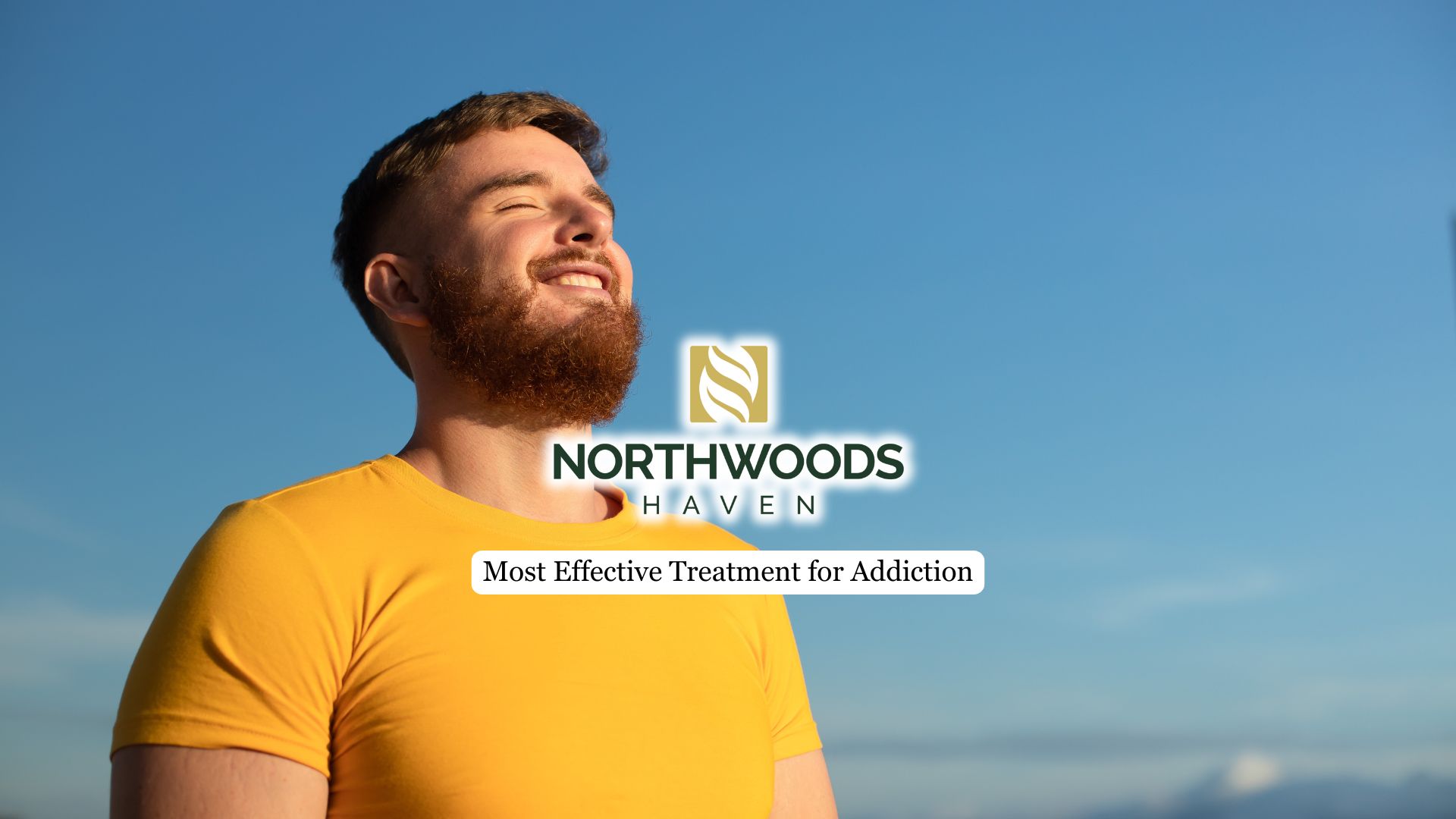Addiction affects millions of individuals and families across the US, and finding the most effective treatment is a critical step toward lasting recovery. While there is no one-size-fits-all solution, evidence-based approaches rooted in both medical and psychological care have proven to be the most successful.
In this article, we’ll break down the core components of effective addiction treatment, what makes them work, and how individuals can find the support that fits their unique needs.
Understanding What “Effective” Means in Addiction Treatment
Effectiveness in addiction treatment is measured by long-term recovery, improved mental and physical health, and reduced relapse rates. It’s not just about quitting drugs or alcohol—it’s about building a sustainable, healthy life beyond substance use. Successful treatment plans typically address multiple areas, including the addiction itself, co-occurring mental health conditions, behavioral changes, life skills, and consistent access to care through outpatient programs.
An effective approach also involves ongoing support, flexibility, and individualized care. Because addiction is a chronic condition, treatment must go beyond detox and include tools for long-term recovery, many of which are provided through structured programs like outpatient treatment settings that allow individuals to maintain their daily responsibilities while receiving ongoing clinical support.
Medical Detox: The First Step in Many Cases
For many individuals, especially those using alcohol, opioids, or benzodiazepines, medical detoxification is the first necessary step. Detox helps manage withdrawal symptoms in a safe, supervised setting and reduces the risk of medical complications.
However, detox alone is not a cure. It only addresses the physical dependence on a substance. Lasting recovery requires continued treatment that addresses the physical and psychological aspects of addiction.

Behavioral Therapies: Core of Addiction Treatment
Behavioral therapies remain one of the most effective components in treating addiction. These therapies help individuals identify the root causes of their substance use, build coping strategies, and restructure thought patterns.
Many treatment programs rely on therapies backed by clinical research. These include:
- Cognitive Behavioral Therapy (CBT): Helps individuals identify and change negative thinking patterns that lead to harmful behaviors. CBT is widely used to support behavioral change and prevent relapse.
- Dialectical Behavior Therapy (DBT): Focuses on emotional regulation, distress tolerance, and improving relationships. DBT is especially helpful for individuals with co-occurring mental health disorders.
- Motivational Interviewing (MI): A counseling technique that enhances an individual’s motivation to change by exploring their personal goals and values.
These therapies are often delivered in individual, group, or family sessions and are most effective when combined with other treatment modalities.
Medication-assisted treatment (MAT) for Certain Addictions
For individuals struggling with opioid or alcohol addiction, medication-assisted treatment (MAT) can be a game-changer. MAT combines FDA-approved medications like buprenorphine, methadone, or naltrexone with behavioral therapies. This approach reduces withdrawal symptoms and cravings, making it easier for individuals to engage in counseling and long-term recovery planning.
It’s important to understand that MAT is not about replacing one substance with another. When properly managed by a medical provider, MAT supports physiological stability and improves retention in treatment programs. Its effectiveness is well-documented, particularly when paired with structured therapy.
The Role of Individualized Care Plans
No two people experience addiction the same way, which is why individualized treatment plans are crucial. A personalized approach considers factors like the type of substance used, mental health conditions, trauma history, social environment, and personal goals. Trauma-informed care is often essential in this process, as it ensures that treatment approaches are sensitive to the impact of past trauma and avoid re-traumatization.
During intake, a comprehensive assessment helps clinicians develop a tailored strategy that may include therapy, medical care, peer support, and case management. This approach ensures that each person receives care tailored to their specific challenges and strengths, thereby increasing the likelihood of long-term recovery success.

Aftercare and Relapse Prevention
Even the most effective treatment plan can fall short if it ends at discharge. Long-term recovery depends heavily on ongoing support after the initial treatment phase. This may include outpatient therapy, 12-step or non-12-step support groups, sober living homes, or alumni programs.
Relapse prevention planning is also essential. Individuals learn to recognize their triggers, build healthy routines, and have a structured plan in place if they feel at risk of returning to substance use. Aftercare strengthens recovery by helping individuals stay engaged, accountable, and connected.
Final Thoughts from Northwoods Haven Recovery
The most effective treatment for addiction is one that is evidence-based, personalized, and focused on long-term healing—not just short-term sobriety. By addressing the whole person and offering continued support, individuals are more likely to achieve lasting recovery.
At Northwoods Haven in Minneapolis, we understand the complexity of addiction and the importance of tailored clinically sound care. Our team combines proven therapies with compassionate guidance to support each individual’s journey. Providing structured, research-informed care to promote long-term success.



